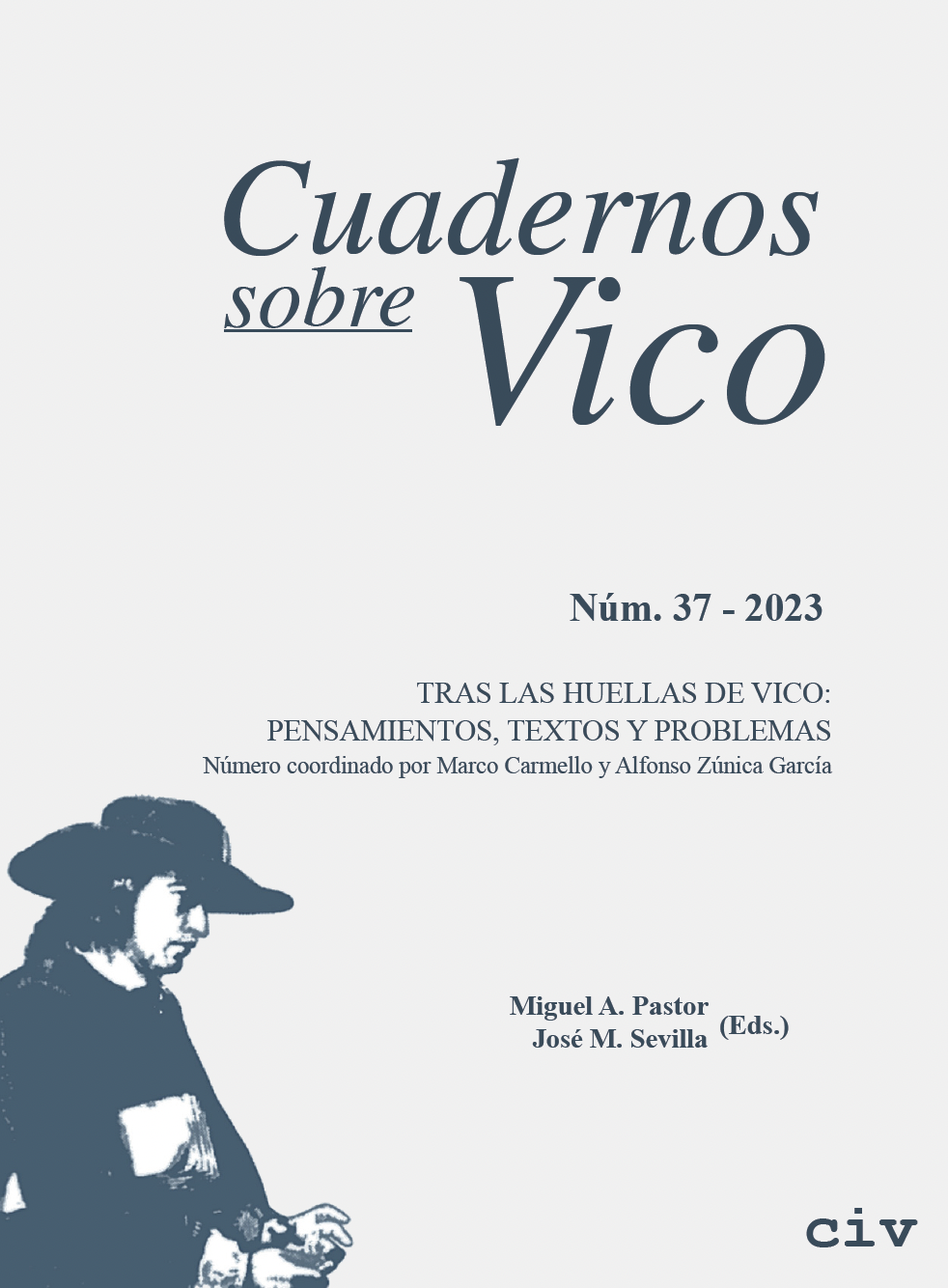Resumen
Partiendo de la definición crítica del “humanismo” en Said y de sus fuentes de crítica literaria (Auerbach) y de teoría política (Gramsci), este estudio intenta mostrar la originalidad de la aproximación de Said a Vico, en la medida en que los “textos” resultan reclamados para los contrastes y las luchas de donde emergen. El filósofo napolitano reconoce la centralidad de las “vulgares” circunstancias físicas de la propia biografía intelectual y de las fábulas antiguas, estropeadas y corrompidas, como las recibidas de Homero. Para el estudioso americano de origen palestino recorrer la historia de la cultura en perspectiva filológica significa reconstruir los lazos entre tradiciones diversas y antagónicas como aquellos entre mundo árabe, hebreo y cristiano contra la distorsión de los documentos sagrados y profanos cotidianamente operado por los lenguajes del poder y de los medios.

